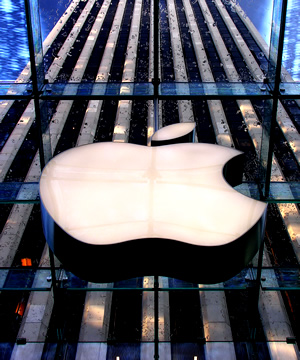Apple has made a u-turn on a decision last week to remove its desktops and notebooks from the EPEAT 'green' registry following a public backlash from consumers, educational, state and government departments who were left unable to purchase the company's computer products.
Apple acknowledged it was a mistake to remove its products from the environmental registry. In an open letter published on their website, titled "A letter from Bob Mansfield", the firm's senior vice president of hardware engineering wrote: "I recognize that this was a mistake. Starting today, all eligible Apple products are back on EPEAT."
Apple inexplicably chose to withdraw all previously certified products from the registry last week, cutting ties with the environmental impact rating system that countless government agencies and organizations rely upon to make their purchases. It is believed that questions raised regarding the serviceability and recyclability of the new MacBook Pro notebooks prompted Apple's decision to withdraw from the registy. Just a few days earlier, iFixit's teardown of the new retina MacBook Pro had concluded that this was Apple's least repairable laptop ever.
Despite the whole debacle surrounding Apple's withdrawal, the company insisted at the time that it makes the world's most efficient computers, a fact Mansfield once again pointed out in the open letter: "We make the most energy-efficient computers in the world and our entire product line exceeds the stringent ENERGY STAR 5.2 government standard. No one else in our industry can make that claim."
Mansfield also feels the IEEE 1680.1 standard could be improved further and provide stronger protection for the environment if it were revised to include advancements such as those made by Apple with its own products.
He also believes the relationship with EPEAT is now stronger as a result of the recent actions by Apple, and reaffirmed Apple's commitment to designing products that consumers would be proud to own and use as well as kinder to the environment. "We look forward to working with EPEAT as their rating system and the underlying IEEE 1680.1 standard evolve."
